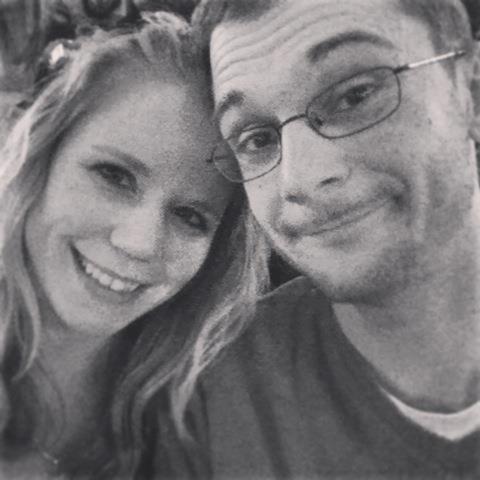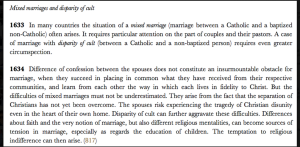When I was 20, I sort-of-dated a bassist in a rock band.
From behind merch tables in crowded church halls, I’d watch him while he’d sign posters with Sharpies and take pictures with fans.
While he made small talk surrounded by flirty girls, I pretended not to feel what I probably usually felt:
Mildly jealous.
To be jealous in the context of dating or marriage is to “feel or show suspicion of unfaithfulness in a relationship.” To express jealousy (implicitly or explicitly) is, in my observation, on a lot of peoples’ unwritten lists of “what not to do when you’re dating.”
This is probably because the phrases “jealous person” and “crazy person” are often unfortunately used interchangeably.
This is probably preventable, especially before you’re married.
Best case scenario is to discuss what is and isn’t appropriate in the eyes of somebody else before you marry him or her. If you think his or her expectations of you are unreasonable, don’t get married.
But what if you’re pretty committed or already married?
If you feel jealous because of something your significant other or spouse does, it could be for one of a couple of reasons: because he or she is being unfaithful, or because you associate what he or she does with unfaithfulness (regardless of whether the two are truly connected).
That you feel what you feel is neutral. It is neither bad nor good. What’s bad or good is what you do with it.
You could harbor your feelings for fear he or she will call you crazy if you express them, or you can communicate with him or her authentically. You could irrationally decide you’re certain what he or she does is indicative of infidelity, or you can tell him or her what happens in your head when he or she does it.
If your significant other or spouse feels jealous because of something you do, it could be for one of the same couple of reasons: because you’re being unfaithful, or because he or she associates what you do with unfaithfulness (regardless of whether the two are truly connected).
If you aren’t being unfaithful, and don’t associate what you do with unfaithfulness, his or her suspicions will probably bother you.
That his or her suspicions bother you is neutral, too. It is neither bad nor good. What’s bad or good is what you do with it.
You could call him or her crazy, or you can respond with respect for and sensitivity to his or her feelings and thoughts. You could refrain from modifying your behavior out of pride or principle (i.e., “I will not stop doing X because X does not mean I am unfaithful.”), or you can patiently work with your him or her (and with a counselor when necessary) to strengthen or rebuild trust regardless of whether what you did warranted a rift.




